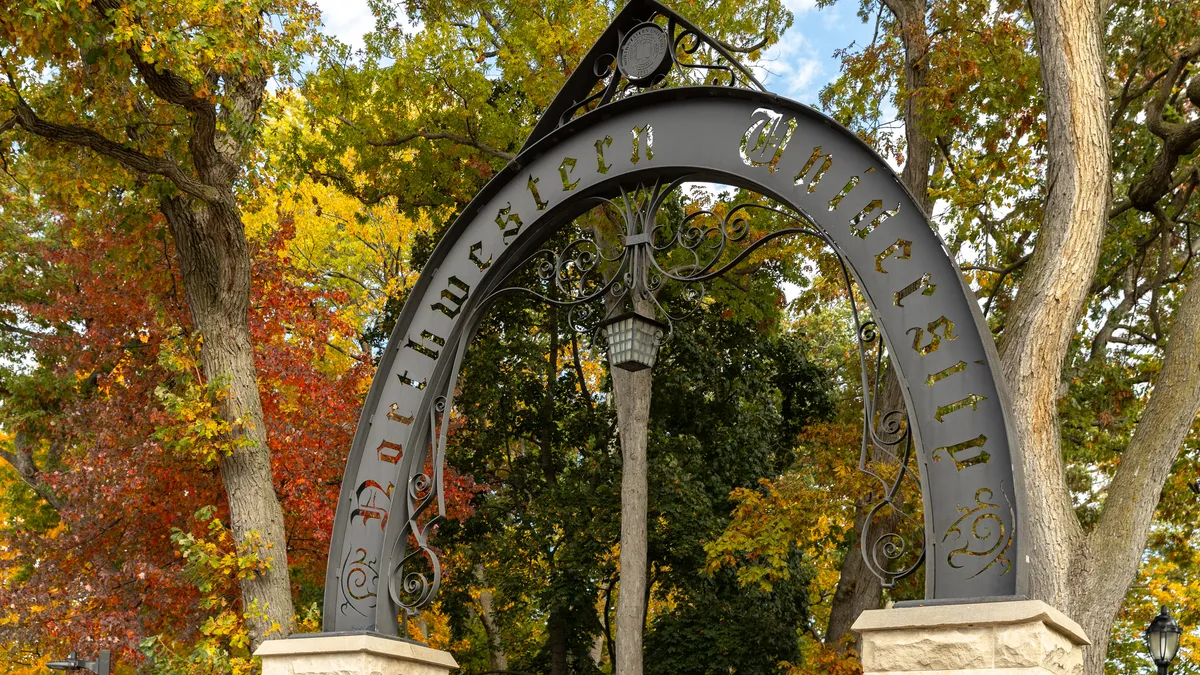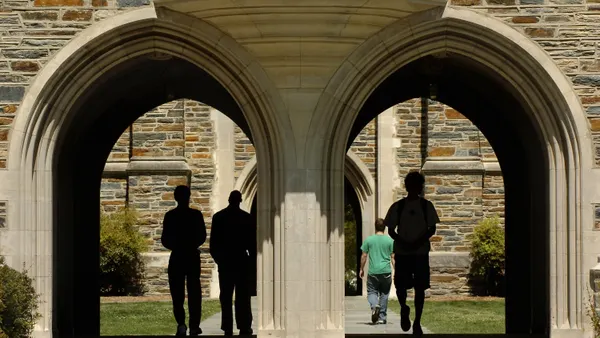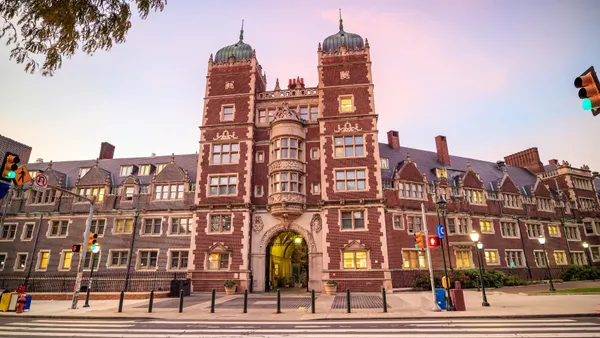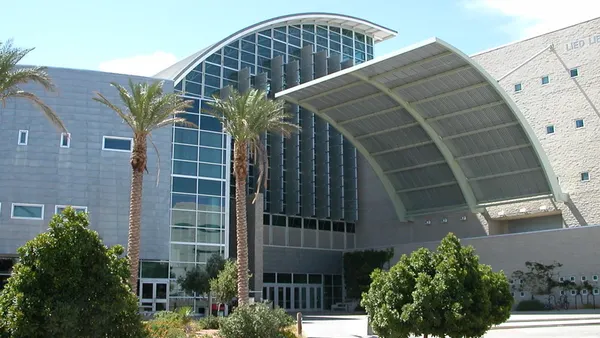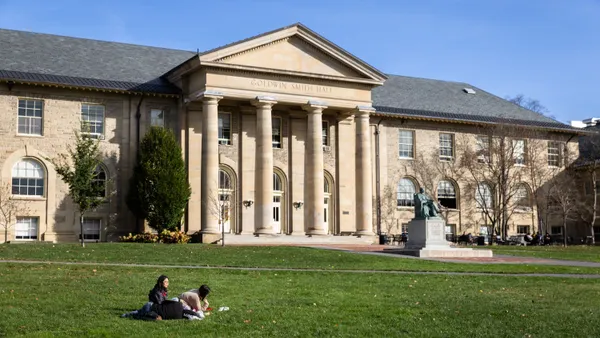Northwestern University will pull from its coffers to continue funding "vital research" that has been threatened by the Trump administration, the private institution announced Thursday.
Conflicting reports first surfaced last week that the administration had paused — or planned to pause — $790 million in federal research funding to Northwestern. The White House confirmed the freeze to multiple news outlets and claimed it stemmed from allegations of continued antisemitism on Northwestern's campus. Prior to the reported funding cuts, the university touted a steep decline in complaints of antisemitic discrimination.
Federal officials offered few other details at the time or since.
As of Thursday, the university had not yet been notified of that freeze, according to a joint statement from Northwestern President Michael Schill and Board Chair Peter Barris. But the institution had received stop-work orders on some 100 federal grants — "money that fuels important scientific breakthroughs," they said in the April 17 statement.
With approval from Northwestern's board, the university has committed to using its own resources to fund any research that is subjected to a stop-work order or impacted by a federal funding freeze.
"This support is intended to keep these projects going until we have a better understanding of the funding landscape," Schill and Barris said.
The pair did not say how long Northwestern could afford to sustain its current slate of projects if the federal government did indeed pull all funding. The university on Friday did not immediately respond to questions on that or on how it plans to fund the research.
"We continue to urge fiscal responsibility, including the conservative use of funds to help minimize University risk and extend the time that Northwestern can support our research community," Schill and Barris said.
Their statement linked to a newly published website sharing the impact of Northwestern's scientific research. The research ranges from studies of neonatal care to treatment for Alzheimer’s and supports about 14,500 jobs nationwide, according to the university.


